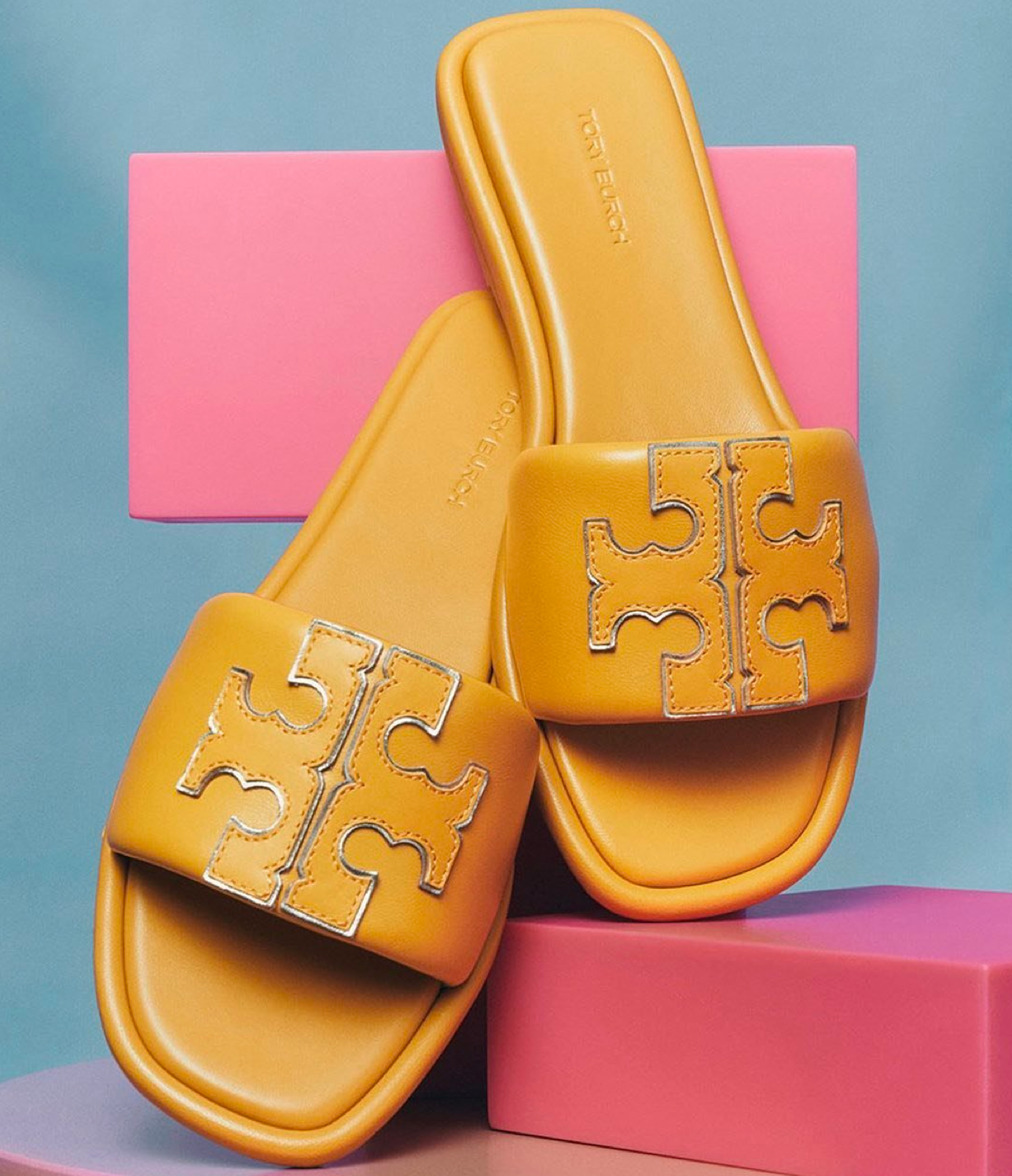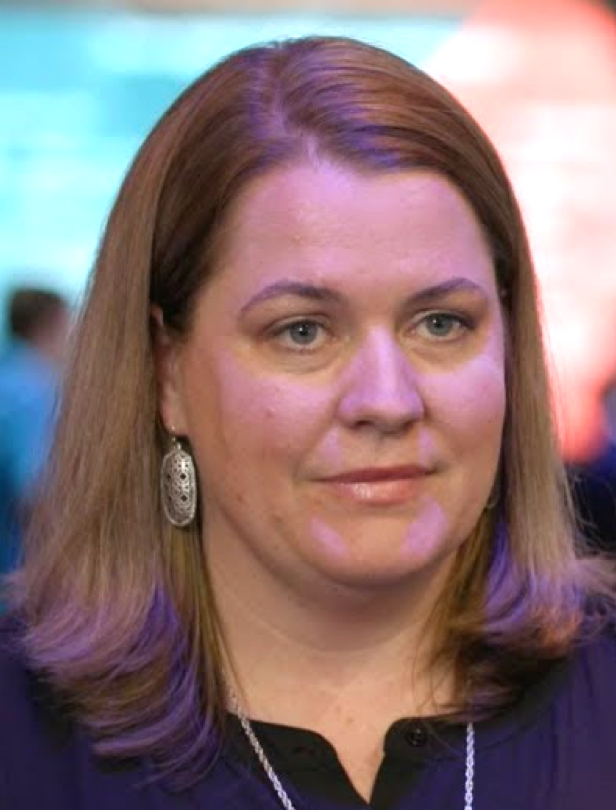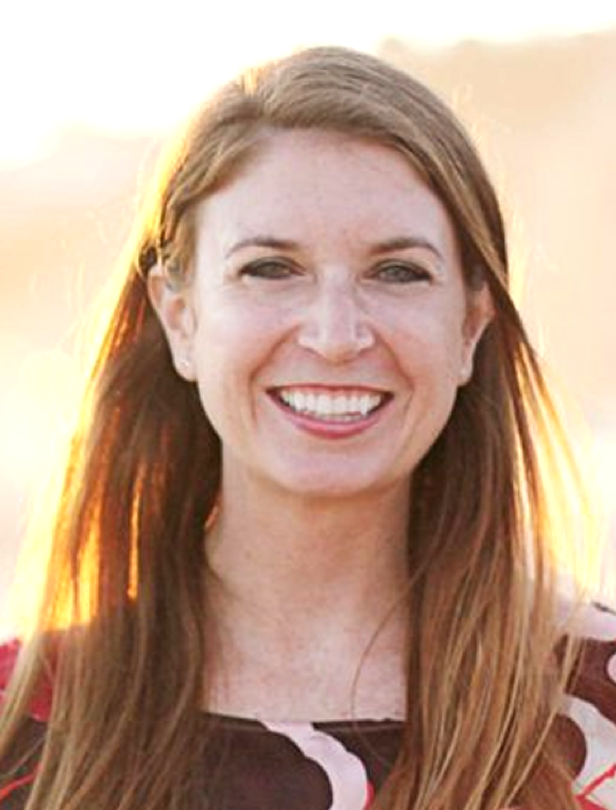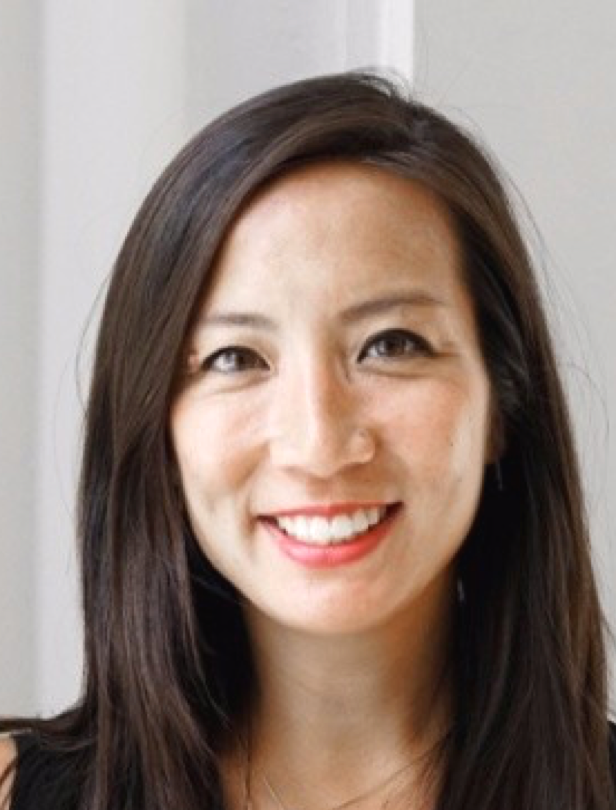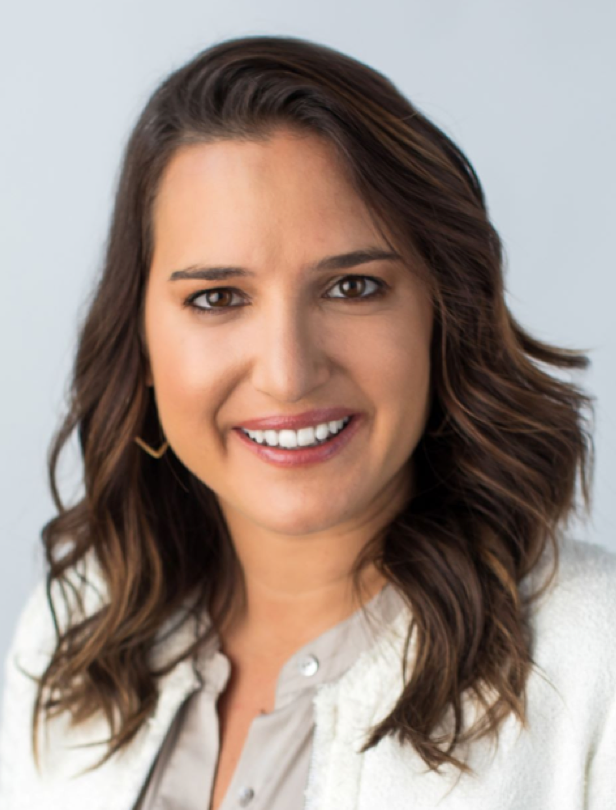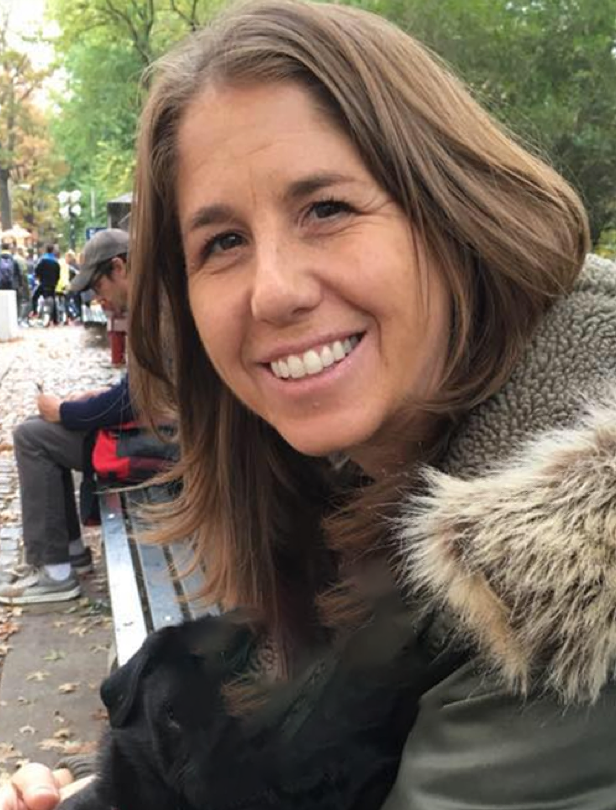How did you start working in eCommerce?
Right out of college, I wanted to open up my own clothing store, so I worked with someone in San Francisco at a very popular boutique. My mom really wanted me to go get my MBA, but I wanted to stay in retail. A friend told me about a new group that was starting within The Gap called “Gap Dot Com” and I joined as the twentieth employee.
I was very fortunate to be able to get into the eCommerce space when I did because it was so young. At the time, nobody knew what eCommerce was. Everybody was very hesitant to even work in eCommerce or fund eCommerce projects and that’s why Gap started a separate business unit to explore the potential of eCommerce.
Over time, I’ve gotten to see all the different things that you can actually do in the space. AR is way beyond what it was 20 years ago, but even with clickable swatches, I thought, “Woah, this is so cool. I can change the color of the shirt.” These things were revolutionary at the time.
Now there are so many other things like the clickable swatch was back then, where you’re just mind-boggled that you can actually do something like that. So it’s just an ever-growing way of working. My day and my year and the road map is ever changing.
What do you love most about your job?
It’s ever-changing, and I like that. There’s always something new to learn. I think back to when my mom wanted me to go back to school and get my MBA. The MBA never happened but I’ve basically been enrolled in “eCommerce University” for the past twenty years.
For instance, the diversity of my work grew exponentially and I’ve added new skill sets. I started as a web producer where I would be ensuring pages for Gap products were going up on to the web correctly. At Macy’s I was a project manager for large omnichannel sales campaigns that are very intricate both in their dependencies on technology and people. A “Back to School” or “Black Friday” campaign could require up to 10 different technology vendors to launch, and buy in and coordination from various business teams across Macy’s like merchandising buyers, I.T., finance, retail stores, and digital marketing.
I’m now the Director of Digital Portfolio management at Tory Burch and I’m not as project management focused on large omnichannel campaigns that fall on the calendar a few times a year. Instead, I’m responsible for program management which includes the overall long term development ToryBurch.com platform. This role now puts me in an exciting position where I manage and coordinate disparate teams with the goal of turning eCommerce product roadmaps into engaging customer experiences. This is quite a change to go from a practice that has a short term result to a longer term focus. And my education continues: over the past year for example, I mastered the skill of administering of an offshore development team that is based across three countries (Russia, Belarus, Ukraine) both from a people and financial perspective. One thing I am very excited about is the expertise I’ll gain through the migration of our eCommerce and content management technologies from one large vendor to another.


What advice would you give to others looking to work in the industry?
Volunteer for new emerging opportunities: I was at Gap for 13 years mainly as a web producer, but actually I started on the retail side as a sample coordinator because I just needed to get into the company. When the opportunity came to join this weird division, “Gap Online” I was a little apprehensive but I am glad that I did because it shaped my career. I think if you are young at a company, ask if you can intern or apprentice in other parts of the business. You’ll better understand the business you are in and also be more networked across the organization. And there may be new growing parts of the business that you may be able to attach yourself to.
Stay in touch with the industry and your network: eCommerce is a pretty specific practice — most people stay in it because they love it. My former colleagues from The Gap are now at other leading retail companies. Their careers have grown just like mine has and there’s opportunity to be had at so many brands. I can look to my friends across the industry for best practices, learnings from their challenges and successes, and if I were looking for work, open positions. Never lose touch with those you’ve worked with in the past and set regular catch up meetings/lunches with your peers.
For those who are only in their first job in the industry, there are ways to build a network without having one in place. LinkedIn Groups is a great place to find others in eCommerce, digital marketing, and general retail. Find business events that focus on the industry either through sites like Meetup.com or GarysGuide.com, the latter being a site that focuses on tech events in New York City. Make sure you read the industry trades — for instance ECommerce Times or Women’s Wear Daily which also has a good coverage of what’s happening in digital. There are also special incubators and university led programs that are leading edge in the field like XRC Labs, an innovation accelerator for the next generation of disruptors in the retail and consumer goods sectors. Connect and follow these types of organizations.
What do you think is the next big trend that will define the industry?
Everyone is talking about omnichannel which is about how do you get that same store and same online experience and do it really well. Omni is not just about having product on the site and a product in the store. It’s your whole experience, from the customer service to how you get your products sent to you. Or if there’s not a product in stores, being able to order online and pick it up in stores. And then it’s also about really connecting with all your global shoppers, not just your United States shoppers.
But Omnichannel has been around almost as long as I’ve been in eCommerce. What I am focused on now, and what really IS next, is creating and managing “customer journeys.”
How does a customer discover a brand or product in a sea of other consumer experiences and what are the tools that are used to power discovery? What is the path from a consumer discovering a product across various channels (desktop, mobile, in store, digital billboard, personal referral), to creating engagement, delight, and eventually a purchase. And then what do you do to turn this consumer into a return buyer. These are the many points along the “customer journey” that we are interested in measuring and creating a platform around. This platform allows us to grow conversions, brand affinity, and ultimately long term revenue growth.
Are there other women in the industry that you admire & why?
Tory herself is such an inspiration. Her clothing is inspirational. Her story is inspirational. She created Embrace Ambition, which is all about women entrepreneurs. I’ve worked with that campaign and a lot of the marketing guys there. Last year, we did a huge summit where women from all over came and spoke and gave their story and their backgrounds. It’s inspiring all across the board for men and women to see that no matter what your age is and what your gender is, there’s so much for all of us to accomplish in this world.
